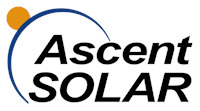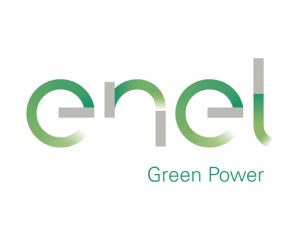Aerosolar
Aerosolar is a spin-out from Queen Mary University of London, founded in July 2022, that aims to commercialize a new aerosol-based treatment for making perovskite solar cells more affordable and efficient.
The aerosol-assisted solvent treatment has been developed by professor of Energy Materials and Devices at QMUL Joe Briscoe and his team. It involves passing dimethylformamide solution (alone or with added methylammonium chloride) over a surface in a controlled manner before passing through a reactor containing the heated perovskite sample. This takes no more than five minutes and can also facilitate processing at a lower temperature (100 degrees C) compared to direct thermal annealing.
This approach can significantly enhance the grain growth of perovskite cells, reducing local defects and improving overall uniformity. The treated perovskite cells also exhibit remarkable performance improvements, with increased efficiency and stability across various compositions, device structures, and areas. It also makes these cells more affordable and easier to mass-manufacture.
Looking ahead, Briscoe's team is conducting further tests to assess the long-term effectiveness of this process and its scalability for commercial applications. The plan is to optimize the aerosol-assisted solvent treatment in a large-area reactor, paving the way for the development of cost-effective, lightweight, and flexible solar cells at a commercial scale.





 Enel Green Power was founded in December 2008 inside the Enel Group to develop and manage power generated from renewable resources worldwide.
Enel Green Power was founded in December 2008 inside the Enel Group to develop and manage power generated from renewable resources worldwide.
